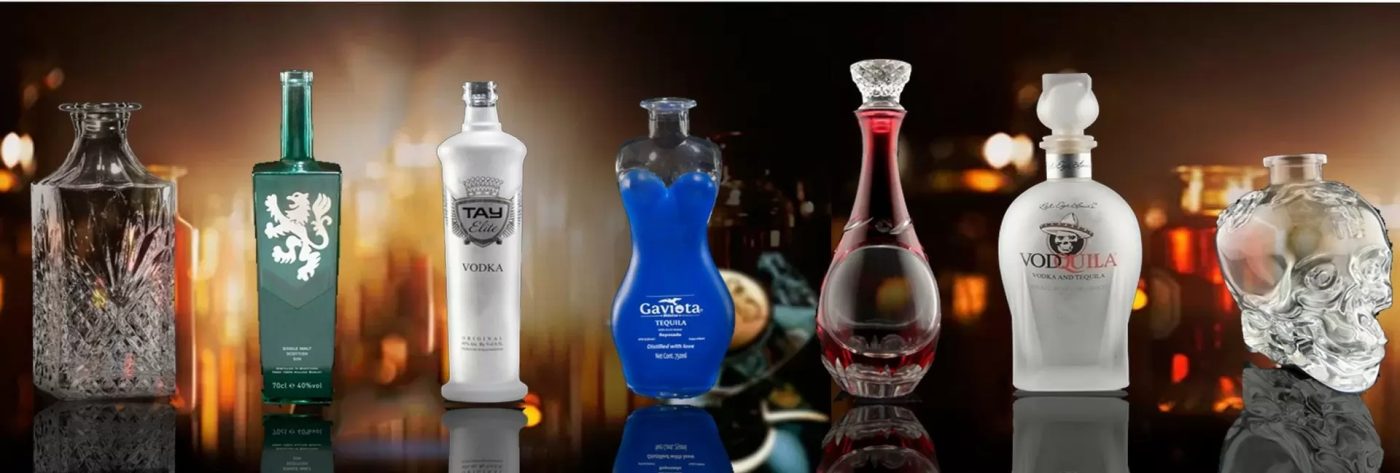
In today’s market, where personalization and uniqueness are key, customizing liquor bottles has become a popular choice for many brands and consumers alike. Whether for branding purposes, special events, or as a personal keepsake, a customized liquor bottle can significantly enhance the appeal and perceived value of the product. In this guide, we will walk you through the entire process of customizing liquor bottles to ensure the best results.
1. Choose the Right Bottle Type
Selecting the right type of bottle is the first and most crucial step in customizing liquor bottles. Depending on the type of liquor, intended use, and target audience preferences, there are several common bottle types to consider:
- Standard Bottles: These are the classic choices, typically used for most liquors like vodka, rum, and whiskey. They are versatile, come in various shapes, and offer a traditional look.
- Flask Bottles: Flask-shaped bottles are a popular choice for smaller quantities of liquor, often used for gifting or specialty products. They have a flat shape, making them unique and easy to carry.
- Decanter Bottles: Decanter bottles have a more luxurious feel, often featuring ornate designs and thick glass. They are ideal for high-end spirits such as premium whiskey or cognac.
- Square or Rectangular Bottles: These bottles offer a modern and distinct look and are great for brands looking to differentiate their products visually.
Understanding your audience and the brand image you wish to project will help you choose the most suitable bottle type.

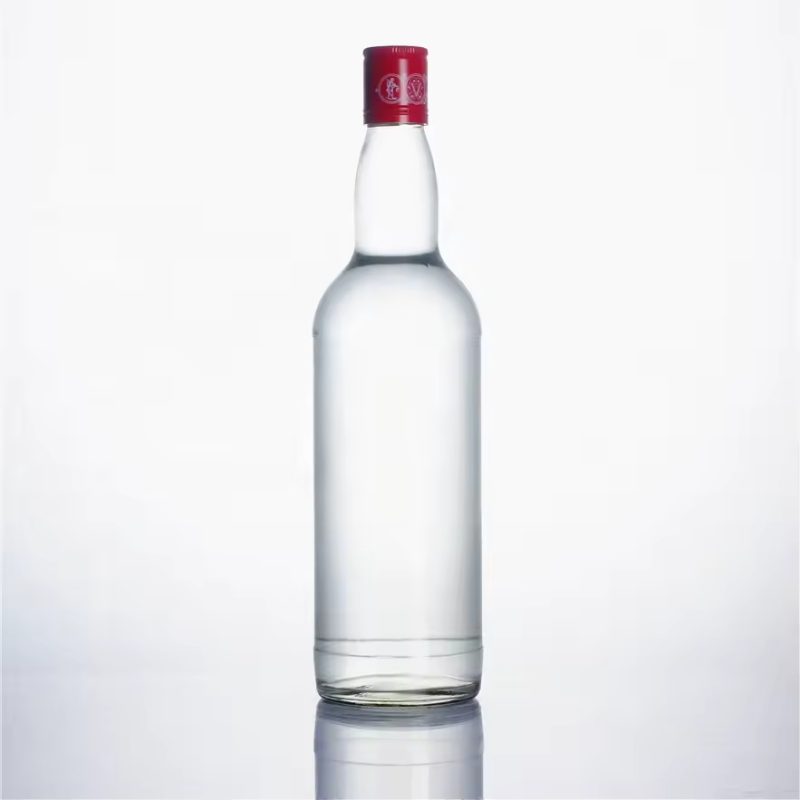
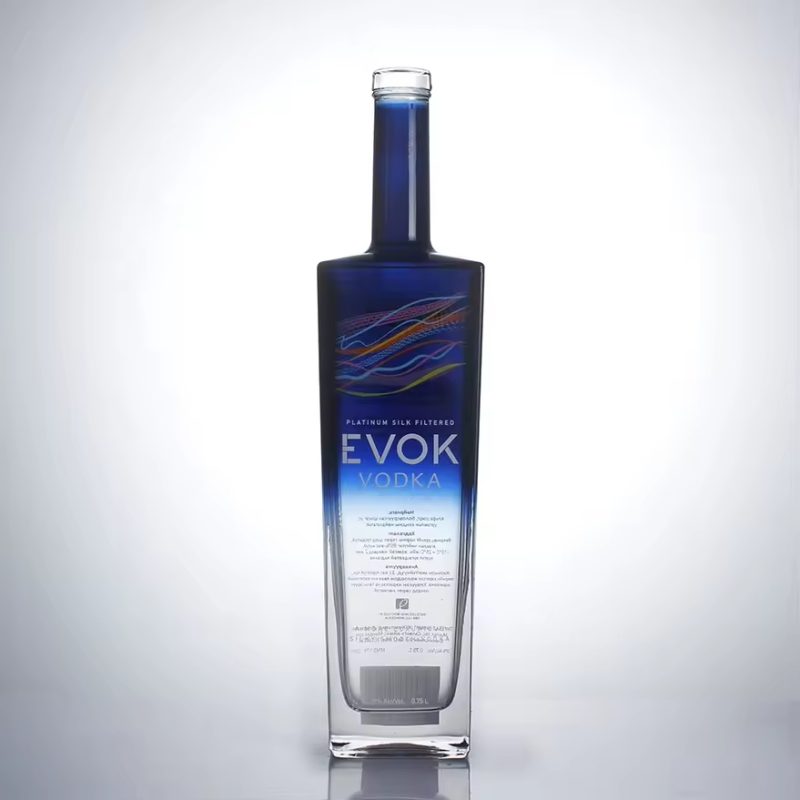
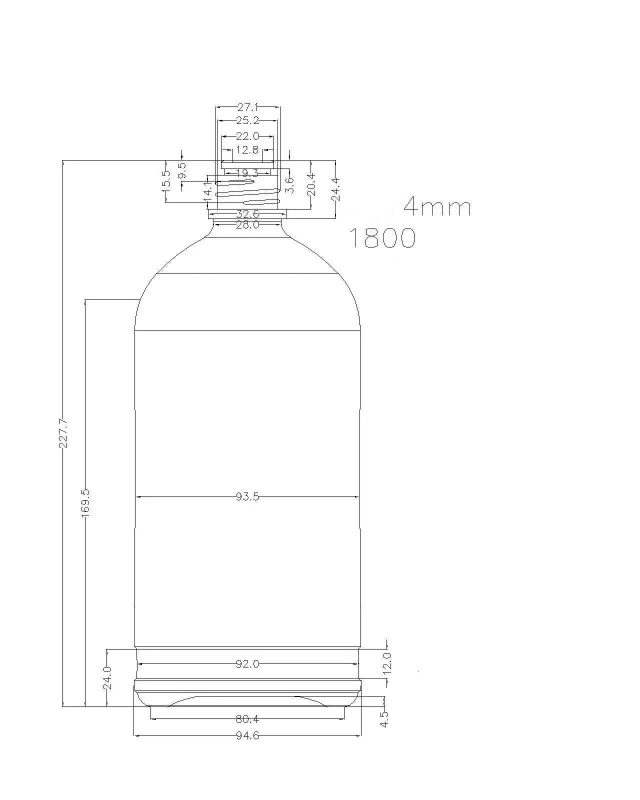
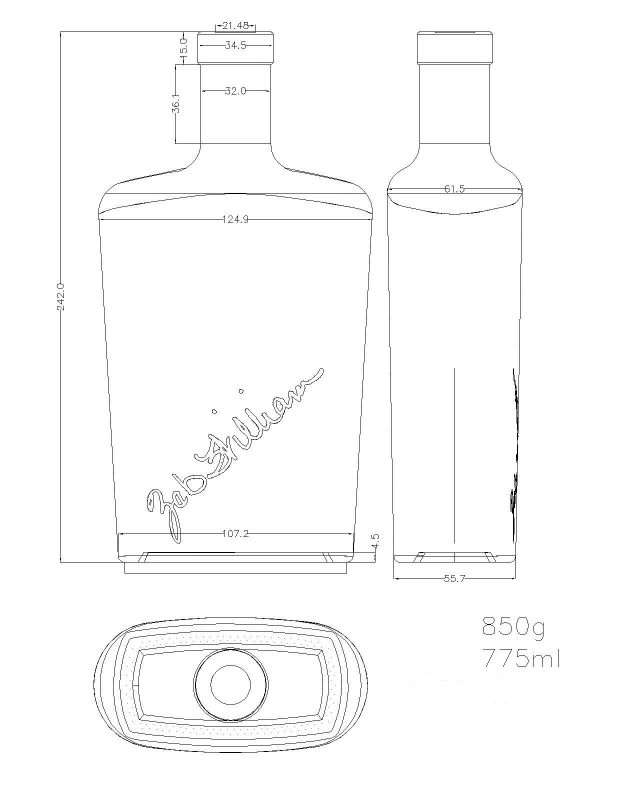
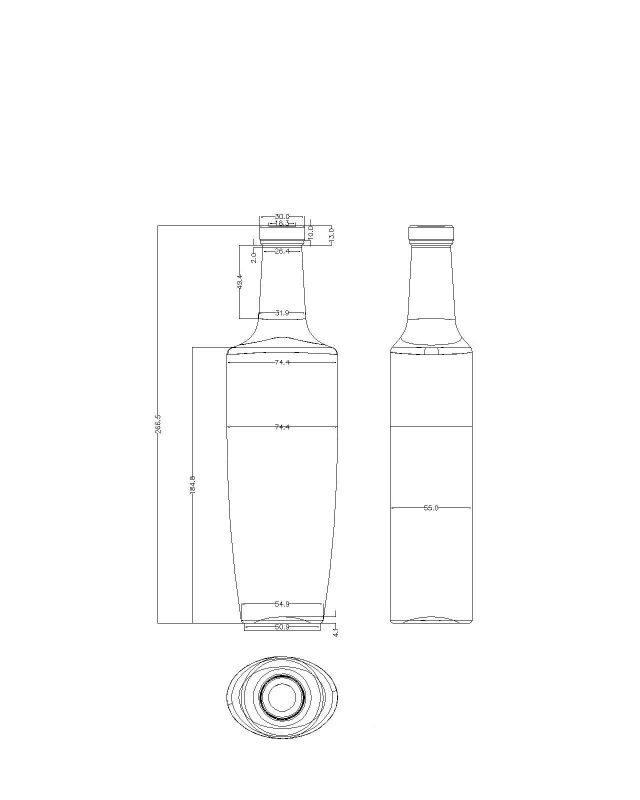
2. Select the Material of the Bottle
The material of the bottle plays a vital role in both the aesthetics and practicality of the product. Common materials used for liquor bottles include:
- Glass: The most popular choice for liquor bottles due to its non-reactive nature and ability to preserve the quality of the liquor. Glass can be clear, frosted, colored, or even tinted to create a unique visual effect.
- Crystal: For high-end or limited edition products, crystal bottles offer a premium look and feel. They are often used for luxury spirits and special collections.
- Plastic: Although less common for premium liquors, plastic bottles are lightweight and shatter-resistant, making them suitable for certain environments, such as outdoor events or airline use.
3. Design a Unique Bottle Label
The label of the liquor bottle is one of the most critical components of customization. It communicates the brand’s identity, the product’s story, and essential information to consumers. Here are some tips for designing an effective bottle label:
- Choose the Right Material: Consider using high-quality materials like waterproof paper, metallic finishes, or textured labels that complement the bottle’s design and enhance its premium feel.
- Focus on Typography: Select fonts that align with your brand’s identity. A traditional serif font might convey elegance and history, while a bold sans-serif font could signal modernity and innovation.
- Incorporate Visual Elements: Use graphics, images, or patterns that reflect the spirit of the liquor and resonate with the target audience. For instance, a bourbon might feature rustic elements, while a vodka could showcase sleek, modern designs.
- Include Legal Information: Ensure all mandatory details, such as alcohol percentage, volume, ingredients, and warnings, are clearly visible and compliant with local regulations.
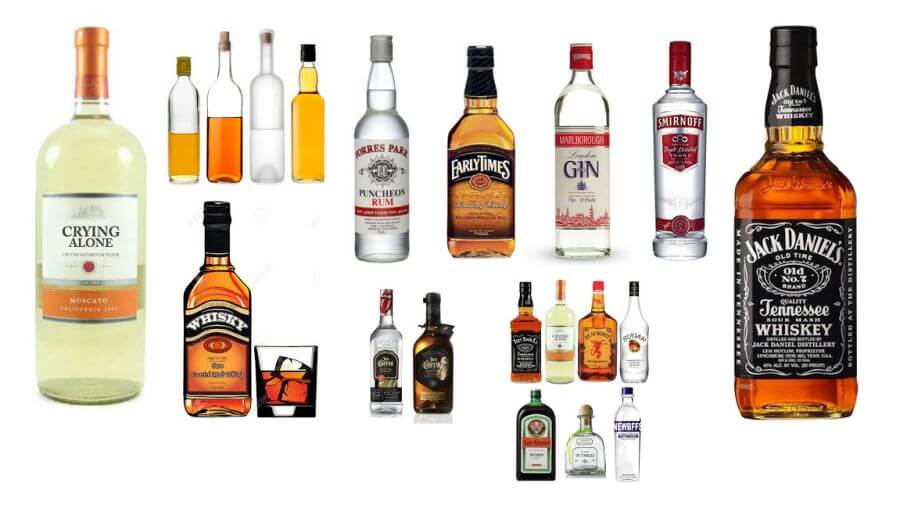
4. Choose the Right Closure for the Bottle
The bottle closure is another important aspect that adds to the overall aesthetics and functionality of the liquor bottle. Common options include:
- Cork Stoppers: Traditional and popular for wine, whiskey, and cognac bottles. Corks offer a premium feel and are often associated with higher-end products.
- Screw Caps: More common for spirits like vodka and gin, screw caps are convenient and practical, providing an airtight seal to maintain freshness.
- Swing Tops: These closures have a retro appeal and are often used for craft spirits or limited editions. They provide a unique look and can be resealed easily.
- Wax Seals: Often used for artisanal or small-batch products, wax seals provide a handcrafted, old-world aesthetic that appeals to connoisseurs.
5. Personalize the Packaging
Beyond the bottle itself, consider customizing the packaging to create a more memorable unboxing experience. Options include:
- Gift Boxes: Custom boxes with logos, colors, and textures that align with the brand can make the product feel more exclusive.
- Sleeves and Wraps: Custom-designed sleeves or wraps can add an extra layer of personalization, especially for limited edition releases or seasonal promotions.
- Engraving and Embossing: Adding an engraved or embossed logo or design can elevate the packaging’s look and feel, giving it a touch of luxury.
6. Understand the Customization Process of Bottle
The process of customizing a liquor bottle involves several steps. Here’s a general overview:
- Define Your Vision: Determine your brand’s story, target audience, and the message you want to convey through the bottle.
- Choose a Supplier: Find a reputable supplier who specializes in custom liquor bottles and can guide you through the design, production, and labeling process.
- Design the Bottle and Label: Work with designers to create a bottle shape, label, and closure that align with your brand’s vision.
- Sample and Approve: Get samples of the bottle, label, and packaging to ensure everything meets your standards.
- Production: Once you approve the samples, proceed with mass production. Ensure quality control checks are in place to maintain consistency.
- Packaging and Distribution: After production, package the bottles securely and distribute them according to your marketing and sales strategy.
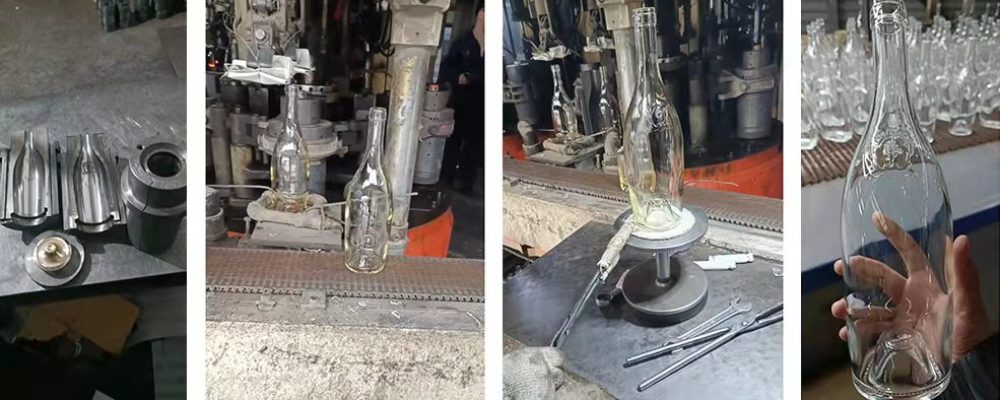
7. Promote Your Customized Bottles
After customizing your liquor bottles, the next step is to promote them effectively. Here are some strategies:
- Leverage Social Media: Share high-quality images and videos of your custom bottles on platforms like Instagram, Facebook, and Pinterest to engage potential customers.
- Collaborate with Influencers: Partner with influencers or bloggers in the spirits industry to reach a wider audience.
- Host Tasting Events: Organize events where customers can experience your product firsthand, showcasing the unique features of your customized bottles.
- Utilize Email Marketing: Send newsletters to your customer base announcing the launch of your new custom bottles and any special promotions.
Conclusion
Customizing liquor bottles can significantly impact brand recognition and consumer loyalty. By carefully selecting the bottle type, material, label design, closure, and packaging, you can create a unique product that stands out in a crowded market. Follow the steps outlined above to navigate the customization process effectively, and don’t forget to promote your unique bottles to maximize their appeal.
About Baicheng Glass bottle maker
At Baicheng, we specialize in creating unique custom glass bottles tailored to reflect your brand’s identity. Whether for premium spirits, wine, beverages, essential oils, or cosmetic packaging, we offer high-end custom solutions that align perfectly with your brand characteristics.
Opting for custom glass bottles allows your brand to stand out while communicating its unique personality through every design detail. From the shape, size, and color to the closures, our expert team will guide you through each step, transforming your ideas into reality.contact us now !
